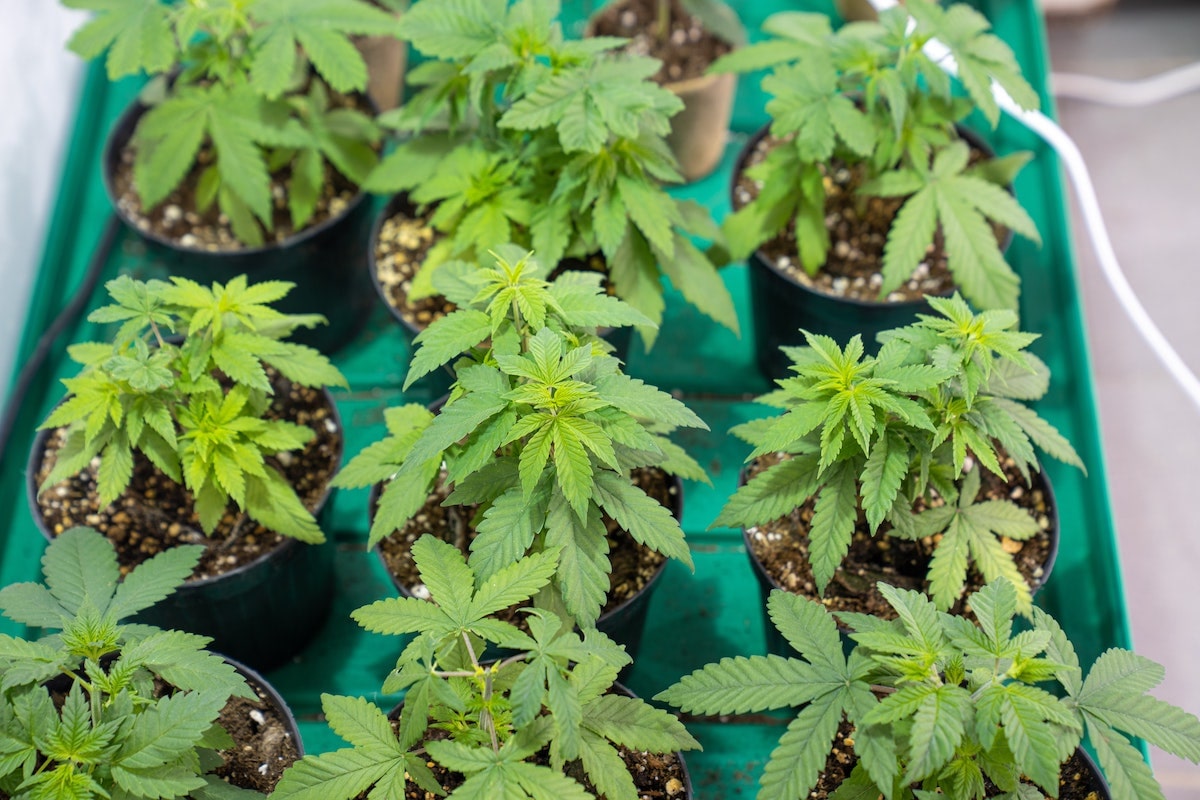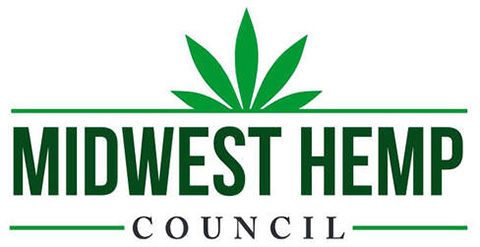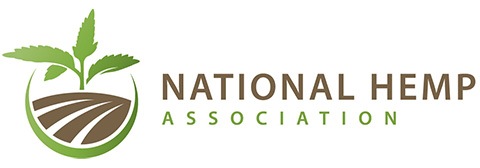
As we mentioned in a recent Hemp Market Insider article, lawsuits have become more common as the U.S. hemp industry develops. Attorneys working in the sector say many of the lawsuits being filed by hemp industry participants involve legal disputes similar to those seen in mainstream businesses. Breach of contract, for example, has become a frequent point of contention for hemp companies, including issues such as faulty supply chain commitments and products not living up to agreed-upon standards.
Consequently, hemp industry veterans say a growing number of businesses – from cultivators to processors to retailers – are demanding contracts in order to protect their interests. Dave Ladd, President of the Minnesota Industrial Hemp Association, stated, “If you’re a cultivator and you’re growing [hemp] and you know the landscape, you’re not going to do it without a contract.”
Conventional Wisdom on Contracts Challenged by Market Realities
While the sentiment expressed above by Ladd has been conventional wisdom in the hemp industry for some time, a recent survey conducted by Hemp Benchmarks saw almost two-thirds of respondents state that they do not have a contract with a buyer for the biomass they plan to grow this year. (Detailed survey responses can be found in our May Hemp Spot Price Index Report.) Processors state that the basic notion of a farmer securing a forward contract for their CBD biomass ahead of the growing season may not be applicable to the current market landscape, which remains characterized by an abundant supply of biomass and extracted CBD products.
For processor Ryan Shore – Founder and CEO of Big Sky Scientific, a cannabinoid isolate manufacturer in Montana – the conventional wisdom on contracts in the hemp industry is being tested by the reality of current market conditions. “I was at a conference and a guy said no farmer should grow hemp without getting a solid legal contract,” he remembered. “I thought that makes good sense, but none of us do that. There’s so much material available. I’m currently buying the crop for a lower amount than [the cultivators] probably like.”
Russell Lombard – CEO of Canna Redux Inc. and the Forge Hemp Company, both based in Denver, Colorado – said there is a trend now for shorter contracts. “I contract almost everything I do,” he noted, “and with the volatility in the industry, it’s really hard to say what will be happening three months from now. I would love it if somebody approached me to say I want a 12-month contract … at this price and these deliverables, but that’s also just not realistic. The pricing that we’re experiencing with all the cannabinoids right now is drastically different than it was even six months ago. I think three months is about our average contract. I think it’s fair for the processor and fair for the person coming in to get the product either produced or delivered.”
Hemp Genetics Suppliers Look to Protect their Intellectual Property
While discussions of contracts in the hemp industry frequently revolve around agreements to buy and process a farmer’s harvest, Phillip Alberti – Extension Educator at the University of Illinois’ College of Agricultural, Consumer, and Environmental Services and a collaborator on the Midwestern Hemp Database – noted he is seeing more contracts involving protected plant varieties. In other words, hemp genetics companies are working to guard their intellectual property by requiring growers to sign contracts stipulating, for example, that they will not take clones from the plants for future propagation, among other restrictions.
Contracts for protected varieties are common in agriculture; Alberti noted that the contracts from hemp genetics companies are along the lines of what corn farmers agree to when purchasing their seed each season. As hemp genetics suppliers develop their own proprietary varieties and obtain certifications from state agencies or private groups such as AOSCA (Association of Official Seed Certifying Agencies), it appears likely that agreements concerning protected varieties will become even more common as the industry matures.



